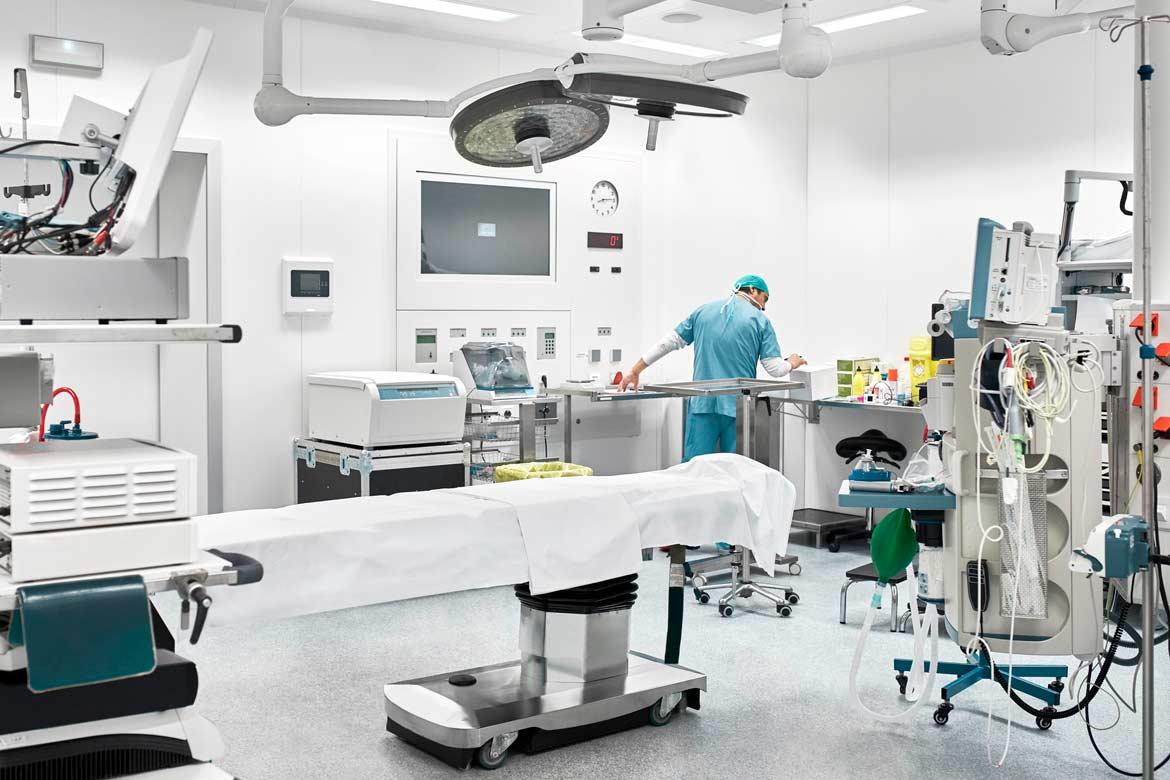-
-
Featured Care Areas

Stomach (Gastric) Cancer
How is stomach cancer diagnosed?
Stomach cancer is diagnosed using several tests and procedures, following an examination of your health, lifestyle and family history.
These tests include:
Biopsy
A biopsy is a procedure to collect tissue or cell samples, which are then analysed for the presence of cancer cells.
Blood tests
Analysis of your blood may reveal the presence of certain substances or markers that point towards cancer. A complete blood count is also helpful to measure if red and white blood cells, platelets and haemoglobin levels are within the normal range.
Computed tomography (CT) scan
A CT scan provides detailed images of internal organs and tissues to check if and how far the cancer has spread. It may be performed with a dye for greater clarity.
Endoscopic ultrasound
Ultrasound uses sound waves to create an image of the tumour, to see how far it has spread. It may also be used to check the lymph nodes around the tumour.
Upper endoscopy
An endoscope is a small device with a camera. It is inserted via the mouth to view the inside of the oesophagus, stomach and duodenum (the first section of the small intestine).
X-ray with barium
A chemical, barium, is consumed to line the oesophagus and stomach, allowing anomalies to show up more clearly on X-ray.
How is stomach cancer treated?
Treatment for stomach cancer depends on how far it has spread. It includes:
Endoscopic submucosal dissection
This procedure uses an endoscope to remove cancer in its early stages.
Surgery
Surgery to remove the stomach is called a gastrectomy. It is performed to remove part or all of the stomach, which may also include removal of nearby lymph nodes, the spleen, and parts of the oesophagus or small intestine. Surgery can nowadays be done using minimal invasive procedures such as a vertical sleeve gastrectomy.
Chemotherapy
Chemotherapy may be recommended to kill cancer cells or stop the cancer cells from spreading. It may also help to reduce the symptoms of stomach cancer if surgery is not possible.
Radiotherapy
Radiotherapy uses high-energy X-rays to destroy remaining cancer cells after surgery. It may be recommended in conjunction with chemotherapy.
Targeted therapy
Targeted therapy is aimed at specific cancer cells to stop the growth and spread of a tumour. It is associated with milder side effects when compared to chemotherapy or radiotherapy.
Immunotherapy
Immunotherapy uses medications to enhance your body’s immune system to fight cancer.
This page has been reviewed by our medical content reviewers.
Need help?
For enquiries, please call
+65 6377 3737
For appointment bookings, please WhatsApp
+65 8111 3777






